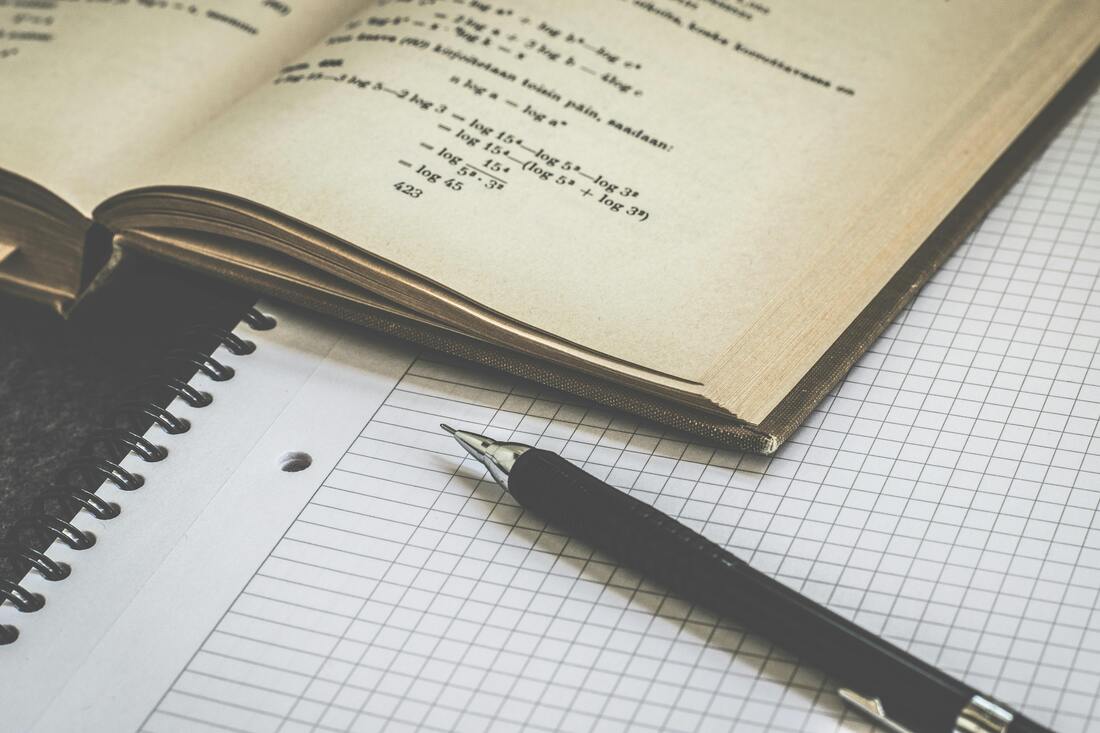|
By: J. Prado Cognitive psychology seeks to understand the complex workings of the human mind and behavior: how we think and why we think it, as well as how our memory, perception, and thought process. Through the lens of cognitive psychology, we gain insight into how the brain absorbs and processes information. This understanding helps us discern which educational methods are effective and which aren’t. Therefore, the intersection between cognitive psychology and education is significant. While the functioning of our brains is subjective and individualized, there are methods that can enhance our absorption rate and facilitate learning, making it more effective in less time. This not only applies to individual study but also to how we engage with material in the classroom setting.
Metacognition plays a crucial role in problem-solving and overall successful learning, as it involves awareness of one's own thought processes. It enables students to assess their understanding of the material and monitor their progress on tasks. Metacognition empowers individuals to take control of their learning process and determine what works best for them. Teachers can support this by encouraging students to set goals and providing flexible structures for assignments, allowing students to adapt their approach to suit their needs. Effective study methods based on the science behind cognitive psychology are linked to memory and attention. Memory is a fundamental cognitive process that involves the retrieval of information over time. Sensory memory, which involves activation in the cortex, can be strengthened through techniques such as visualizing information and creating visual aids. Spaced repetition is another effective strategy for memory consolidation, involving the review of information at intervals to enhance long-term retention. Attention, another key cognitive process, determines what information is selected for further processing. Techniques such as highlighting important information, writing down key concepts, and minimizing distractions help isolate important information and make it more prominent in the brain, facilitating easier recall. We often try to reassure ourselves that we have all the necessary information, especially to alleviate anxiety. Yet, when it comes time to demonstrate our knowledge, we often stumble, forgetting important details. The most effective way to build confidence and ensure retention of information is through teaching. When we teach others, we not only reinforce our own understanding but also strengthen our memory by actively engaging with the material. Therefore, teaching serves as both a means of learning and a method of solidifying our knowledge. When we teach someone else the content we need to learn, our brain actively engages with the material, forming stronger neural connections and reinforcing memory retention. Teaching requires us to organize information, explain concepts clearly, and answer questions, all of which deepen our understanding. Additionally, the act of teaching forces us to confront our own gaps in knowledge, motivating us to fill those gaps through further study and practice. Ultimately, by teaching others, we not only solidify our own knowledge but also contribute to the learning and understanding of those around us, creating a mutually beneficial learning environment. In conclusion, insights from cognitive science can inform teaching methods, learning strategies, and educational policies, leading to healthier learning schedules, improved grades, and reduced study time.
0 Comments
Leave a Reply. |
Categories
All
Archives
June 2024
|

